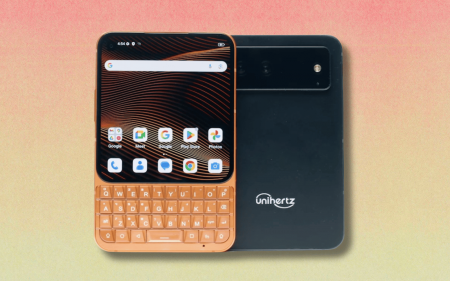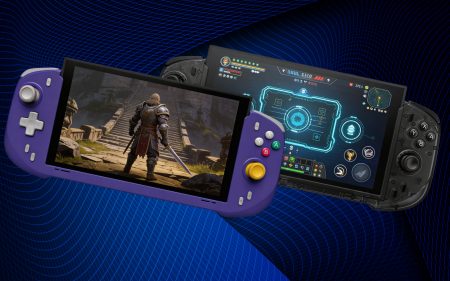It was just a couple of months ago that Neuralink was said to be seeking a partner to begin human trials of its brain-computer interface. There was just one little problem with the technology — a lack of approval to begin those trials.
That has changed, according to the company. Elon Musk’s company has secured FDA approval for human trials, setting the stage for the company to install computers into human skulls. Small computers, obviously.
Neuralink to the future
We are excited to share that we have received the FDA’s approval to launch our first-in-human clinical study!
This is the result of incredible work by the Neuralink team in close collaboration with the FDA and represents an important first step that will one day allow our…
— Neuralink (@neuralink) May 25, 2023
According to the company, “This is the result of incredible work by the Neuralink team in close collaboration with the FDA and represents an important first step that will one day allow our technology to help many people.” But, as with many companies attached to Musk, the company has declined to elaborate much further.
Read More: These wearable gadgets could make it possible to smell in VR
Recruitment hasn’t yet begun for the company’s first human-centred clinical trial, nor are there any details about what Neuralink’s tests might entail. That information will be announced at a later stage but you can bet that it’ll involve people with existing injuries or neurological disorders. We won’t be getting cranium-based ChatGPT integration until much further down the line. Much further.
It’s taken quite a while for the company to get to this point. The FDA has denied the company clearance for testing on several occasions but it appears to have cleared the bar this time. Animal trials have been running for some time (the company is in a bit of trouble about that, actually). It’s about time to move testing over to a creature that can explicitly consent to the procedure.




